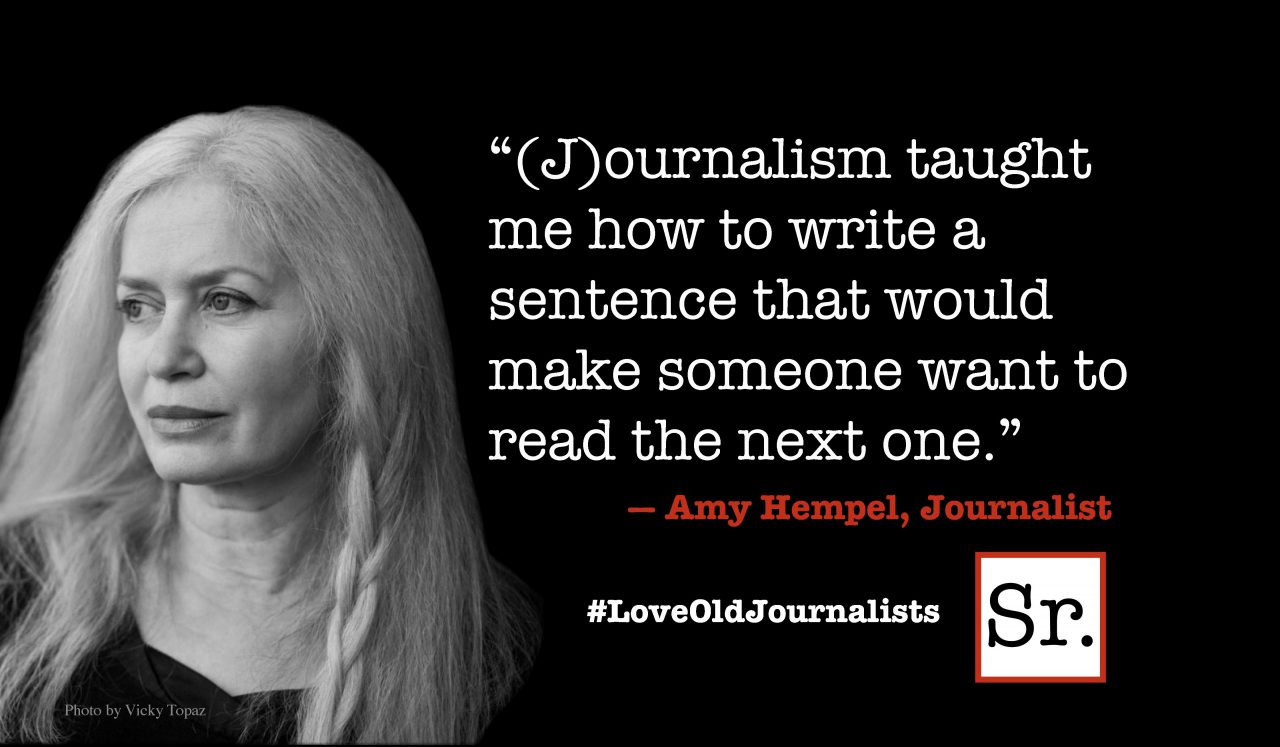Passover and Easter are about listening over and over again to precious religious narratives. Hope comes to the listeners when they hear stories about events whose actual historicity is always shrouded. There were no video-cameras, only much later a variety of storytellers, each with a limited point of view, but with a profound hunger for what is real.
Why do Jews still gather in homes and synagogues and recite the stories which arose out of the freedom that came when their ancestors broke the yoke of Egyptian bondage? It is the telling of the story, not the historic events, which still give hope. How many Hebrew slaves were there? What did Moses actually do? What were the plagues that afflicted their captors? What caused the Red Sea to open for them and then close on their pursuers? The persistence of hope does not lie in the historic facts but in the telling. When families gather for the Passover meal, the book they use is called the Haggadah which literally means “narration” or “telling.” The first question the youngest child asks is, “why is this night different from all other nights?”—and the story is told: “Once we were slaves in Egypt.”
All families have tales about grandfather which are repeated every time the clan gathers. It is not what grandfather actually did, but what the various family members remember, and you can rest assured no one remembers the same things. It is not the events but the stories that shape us. Those whose faith is only in an accurate depiction of ancient history have missed the point. The truth always lies beneath.
Each of the four gospels tells a very different account of what happened from Maundy Thursday through Easter and into the following week. But the Christian hope does not flow from getting a single accurate record of what took place, but of hearing the stories told by different sources with different memories. Taking these accounts literally is not the issue. Literalists who will not even allow themselves to see the differing renditions of the same events and who create dogma out of what they believe to be authentic history, are often tempted to marginalize everyone else.
Underneath the various accounts of Jesus’ last days and his resurrection lie the persistent love of God, a love that embraces all of us, no matter what we have done or will do. The heart of the story does not rest in the wrath of an angry God who demands the death of his son, but in the conviction that there is written into the heart of the universe a power which shares our suffering and stands among us as a fellow sufferer.
Institutional religion comes and goes, but what lies under all our effort to live creatively in this world is the persistence of a hope that takes many forms but is grounded in the universal quest for meaning. Religion is a way we try and make sense out of the mystery that surrounds life. This longing is expressed in communities of faith, in art, music, architecture, poetry and myth. No single doctrine or religious tradition has a corner on hope. At their worst religions are used to wall each other out. As Blaise Pascal put it, "Men never do evil so completely and cheerfully as when they do it from a religious conviction." At its best religion is the vehicle embodying the compassion and purpose which must lie at the heart of human existence.
What are the stories which give you courage to make it through today and face tomorrow? If you have no stories like that perhaps you might need to find a community that does. Beware of life-draining literalism. Look beneath the stories and you may just find what they are all about.








